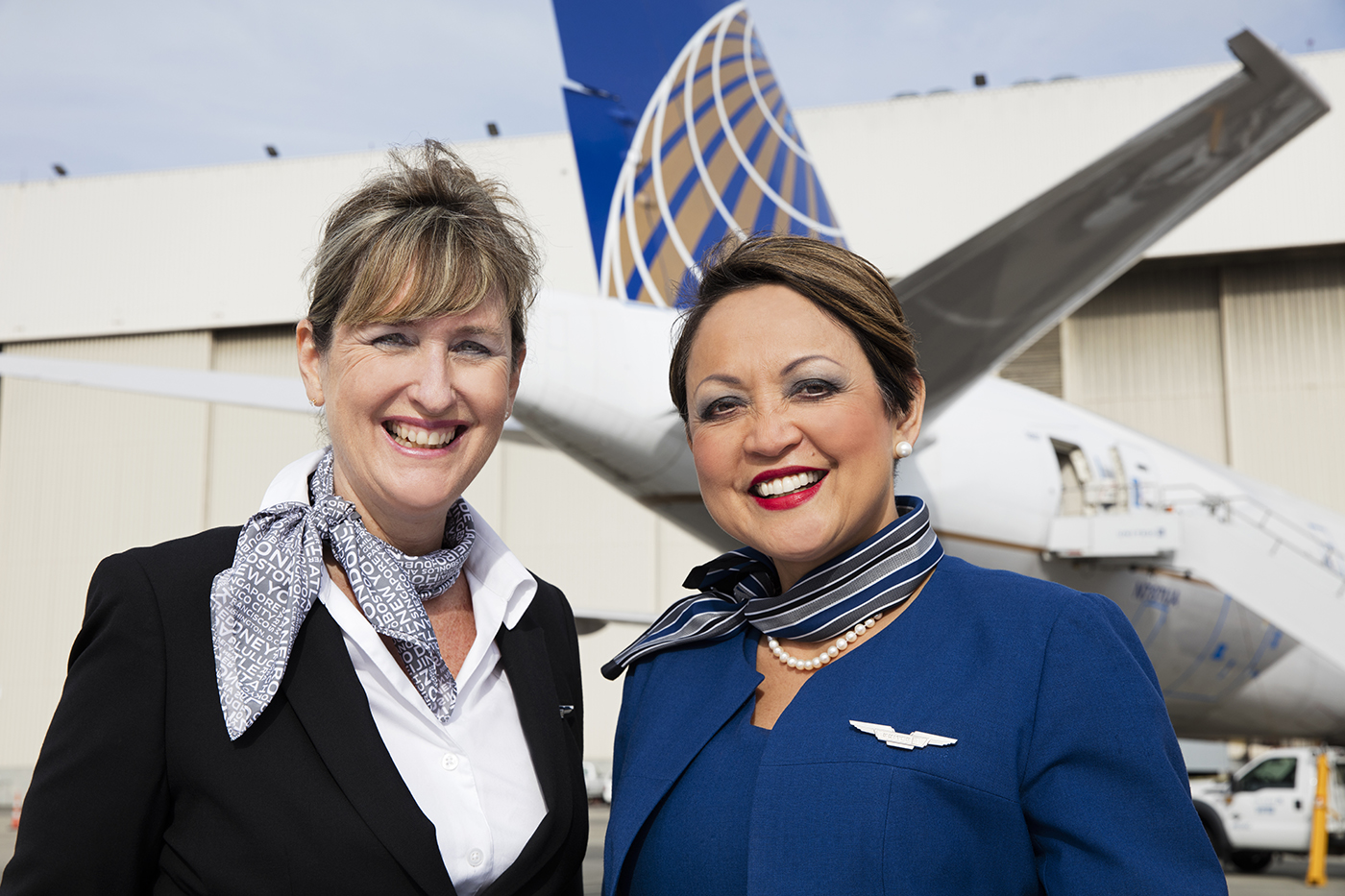
It looks like U.S.-based flight attendants are going to have to wait a while longer until they can enjoy the benefits of a promised increase in their minimum legal rest period from the current eight hours to 10 hours. The problem is that the proposal is attached to new legislation which will also authorize the privatization of air traffic control.
On Tuesday, the chairman of the U.S. House Transportation and Infrastructure Committee, Bill Shuster said there just wasn’t enough support in Congress to move on with the proposals, commenting:
“Air traffic control reform provisions did not reach the obvious level of support needed to pass Congress.”
President Trump has been a vocal supporter of the plan to privatise U.S. air traffic control, a plan that is also backed by the Airlines for America lobby group which represents a number of high profile airlines in the United States.
If approved, air traffic control services would be spun off from the control of the FAA into a, not for profit organisation which advocates claim will lower the cost of flying and help modernise the system. The Transportation and Infrastructure Committee says the FAA “has spent $7 billion on the NextGen modernization effort, with too little to show.”
The proposal is contained within a piece of legislation called the 21st Century Aviation Innovation, Reform, and Reauthorization Act or AIRR for short. Among a number of other proposals, including the plan to privatize air traffic control, is an amendment tabled by Democrat, Michael Capuano.
Section 414 would ensure flight attendants have at least 10 consecutive hours of uninterrupted rest between flights – which couldn’t be shortened under any circumstances. The current rules which require airlines to only provide 8 hours rest have been in place since 1994.
The amendment was given the green light in November 2016 but nothing can happen until the AIRR becomes law.
Critics of the current rules say those 8 hours of minimum rest don’t account for deplaning, security checks, immigration and transport to or from a hotel or home. In reality, flight attendants say they have to survive with just 4 or 5 hours sleep.
“Proper rest is critical for Flight Attendants to do our work as aviation’s first responders,” commented Sara Nelson, international president of the Association of Flight Attendants when the amendment was approved.
“Science confirms Flight Attendant fatigue is real and we must all commit to combat fatigue for the continued safest transportation system in the world.”
Unfortunately, the AIRR bill has come under a lot of opposition. A report from Reuters claims over 250 general aviation organizations, as well as state and local aviation officials across the U.S., have said they would oppose any move to privatize air traffic control.
For the time being, it looks like the AIRR will be put on the back burner – and so too will the increase in flight attendant minimum rest. Instead, Shuster has said he’ll work to create an FAA reauthorization bill which will need to be passed by the end of March when funding runs out.
“Many, including myself, continue to believe that the air traffic control provisions of the 21st Century AIRR Act are good government reforms, and necessary for the future efficiency, effectiveness, and safety of our entire Nation’s aviation system and its users,” commented Shuster.
“Despite an unprecedented level of support for this legislation – from bipartisan lawmakers, industry, and conservative groups and labor groups alike – some of my own colleagues refused to support shrinking the federal government by 35,000 employees, cutting taxes, and stopping wasteful spending.”
Mateusz Maszczynski honed his skills as an international flight attendant at the most prominent airline in the Middle East and has been flying ever since... most recently for a well known European airline. Matt is passionate about the aviation industry and has become an expert in passenger experience and human-centric stories. Always keeping an ear close to the ground, Matt's industry insights, analysis and news coverage is frequently relied upon by some of the biggest names in journalism.







